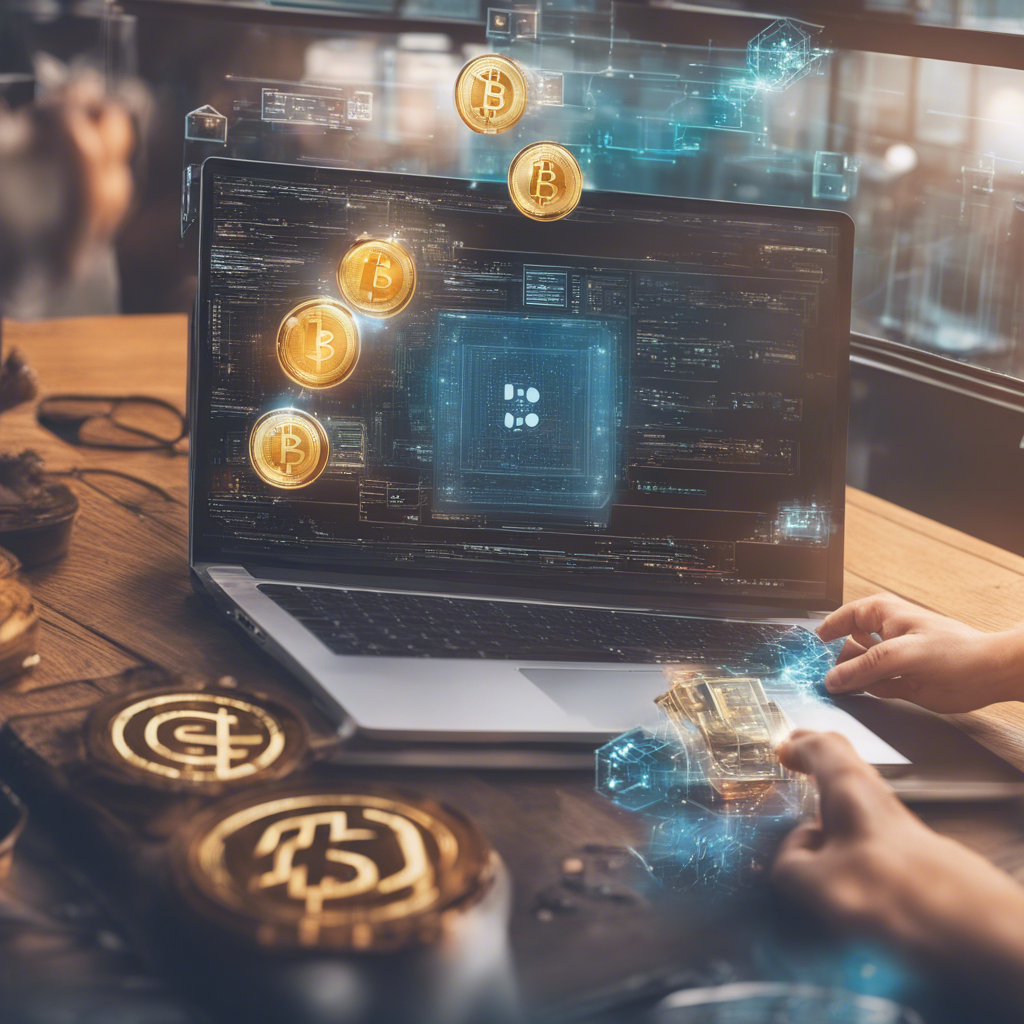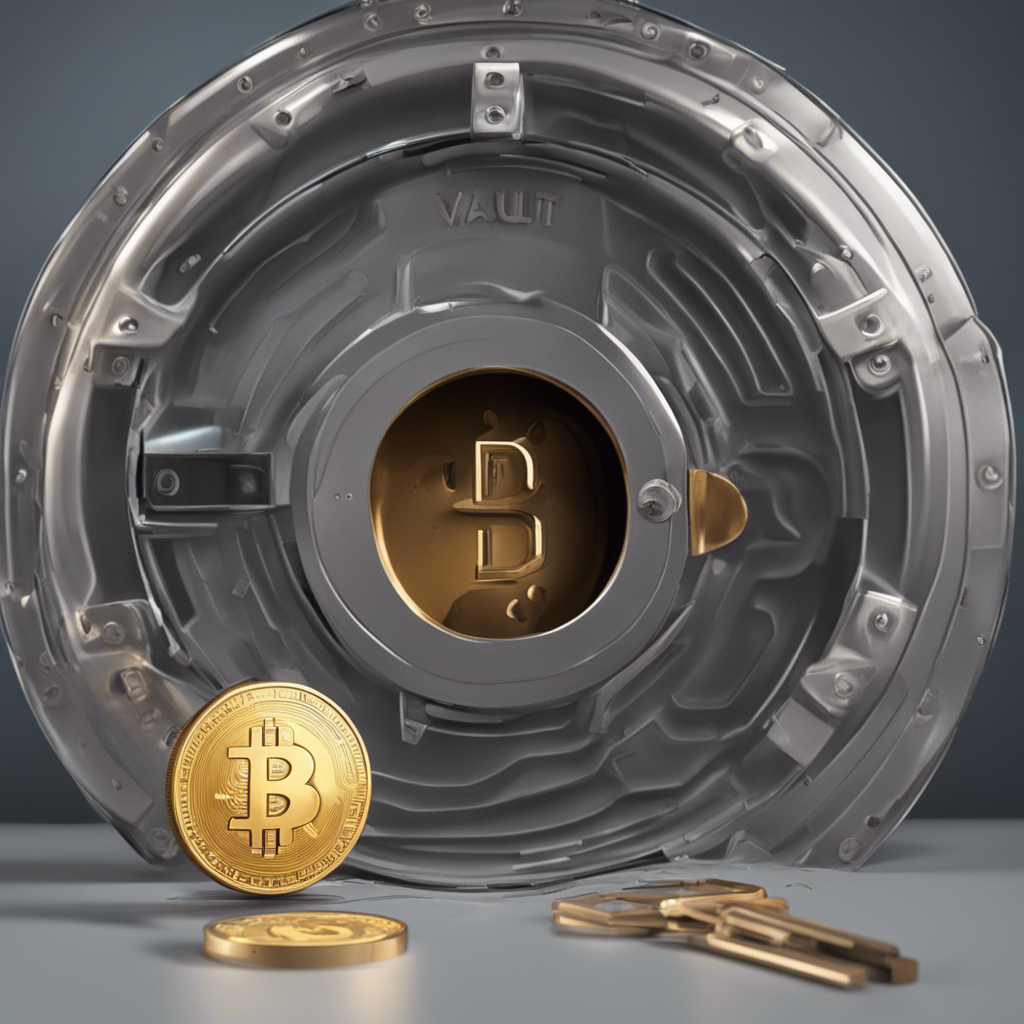
DeFi Explained: The Financial Future Based on Blockchain?
In recent years, blockchain technology has revolutionized many industries, and the financial sector is no exception. One of the most exciting developments in this realm is the emergence of decentralized finance, or DeFi. DeFi represents a shift towards a more open, transparent, and inclusive financial system. In this blog post, we will explore what DeFi is, how it works, and the potential it holds for the future of finance.
What is DeFi?
DeFi refers to a collection of financial applications or protocols that are built on top of blockchain networks, primarily Ethereum. It aims to recreate traditional financial systems and services in a decentralized and permissionless manner, removing intermediaries and allowing peer-to-peer transactions. This decentralized nature is made possible by smart contracts, self-executing agreements that run on the blockchain, ensuring trust and automation without the need for a central authority.
Key Components of DeFi
-
Decentralized Exchanges (DEXs)
Decentralized exchanges facilitate the trading of digital assets without the need for a centralized authority. Instead of trading through order books, DEXs often utilize liquidity pools where users can pool their funds and trade directly with each other. The most popular DEX is Uniswap, which has gained considerable traction within the DeFi ecosystem.
-
Decentralized Lending and Borrowing
DeFi platforms allow users to lend or borrow digital assets without relying on traditional banking intermediaries. These lending protocols enable users to earn interest on their assets by lending them to others, while borrowers can access funds by providing collateral. A prominent example of DeFi lending platforms is Compound, which allows users to lend and borrow various cryptocurrencies.
-
Stablecoins
Stablecoins are cryptocurrencies designed to minimize price volatility by pegging their value to an external asset, such as a fiat currency or a commodity. They serve as a bridge between the traditional financial world and the decentralized ecosystem. Stablecoins play a crucial role in DeFi by providing a stable unit of account, medium of exchange, and store of value. Some widely used stablecoins in DeFi include Tether (USDT), USD Coin (USDC), and DAI.
-
Yield Farming
Yield farming is a practice where users actively seek out the highest yields or returns on their cryptocurrencies by lending or staking them in DeFi protocols. Participants can earn additional tokens or fees by providing liquidity to various DeFi platforms. However, it requires careful consideration of risks such as smart contract vulnerabilities, impermanent loss, and market volatility.
Benefits of DeFi
-
Financial Inclusion
The decentralized nature of DeFi removes barriers and provides access to financial services for the unbanked and underbanked populations globally. Anyone with an internet connection and a cryptocurrency wallet can participate in DeFi, bypassing traditional financial intermediaries.
-
Transparency and Security
The use of blockchain technology ensures transparency, as all transactions are viewable on the public ledger. Smart contracts eliminate the need to trust intermediaries, reducing the risk of fraud and providing greater security for financial transactions.
-
Efficiency and Cost Savings
DeFi eliminates the need for intermediaries like banks, reducing costs associated with fees, paperwork, and long processing times. Automated smart contracts execute transactions, removing manual processes and middlemen, resulting in faster and more efficient financial services.
-
Innovation and Interoperability
DeFi offers a fertile ground for innovation, enabling developers to build new and unique financial applications on existing protocols. Moreover, DeFi platforms can interoperate, allowing different applications to work together seamlessly, fostering a growing ecosystem of interconnected financial services.
Challenges and Risks
While DeFi holds tremendous potential, it also faces various challenges and risks that need to be addressed for its widespread adoption.
-
Smart Contract Risks
Smart contracts, although automated, are not infallible. Vulnerabilities or bugs in the code can be exploited, leading to financial loss. Audits and security measures are crucial to minimize these risks, but they cannot eliminate them entirely.
-
Regulatory Concerns
The DeFi space currently operates in a gray area when it comes to regulations. Uncertainty surrounding compliance and legal frameworks could hinder its growth and require innovative solutions to navigate the evolving landscape.
-
Scalability and User Experience
As DeFi gains popularity, scalability becomes a critical concern. Ethereum, the primary blockchain for DeFi, has faced congestion and high transaction fees during peak periods. Enhancements such as Ethereum 2.0 aim to address these issues, but there is a need for efficient and user-friendly interfaces to make DeFi accessible to the masses.
The Future of DeFi
DeFi represents a paradigm shift in the financial landscape, offering an alternative to traditional banking systems. As the technology matures and addresses its challenges, it is likely to see increased adoption and integration into mainstream finance. Central banks, financial institutions, and governments are starting to explore the potential of DeFi, which may lead to further innovation and collaboration between the traditional and decentralized sectors.
The financial future based on blockchain and DeFi holds the promise of increased financial inclusion, improved transparency, and enhanced efficiency. However, it is essential to approach this nascent industry with caution, conducting thorough research and due diligence before participating in DeFi protocols.
For more information on DeFi, you can refer to the following reputable sources:
Remember, always stay informed and make informed decisions when venturing into the realm of DeFi.






